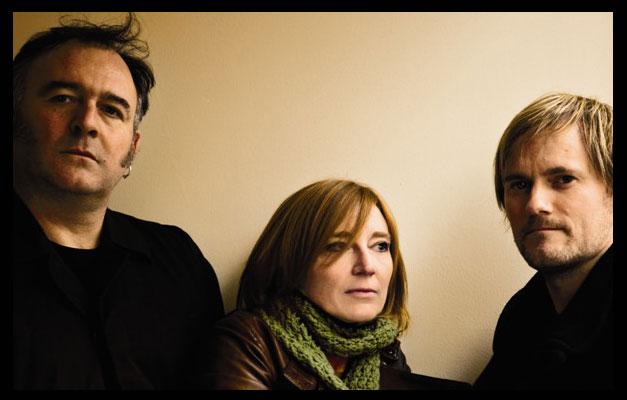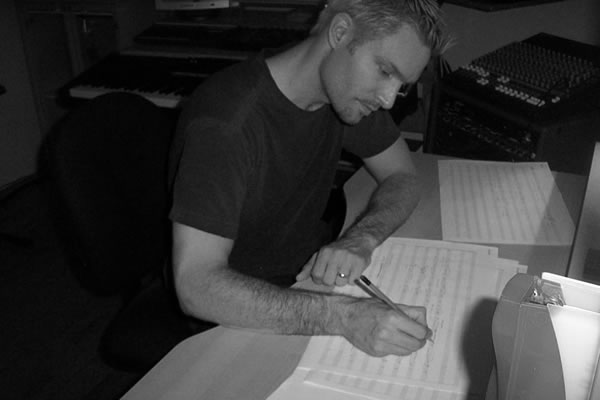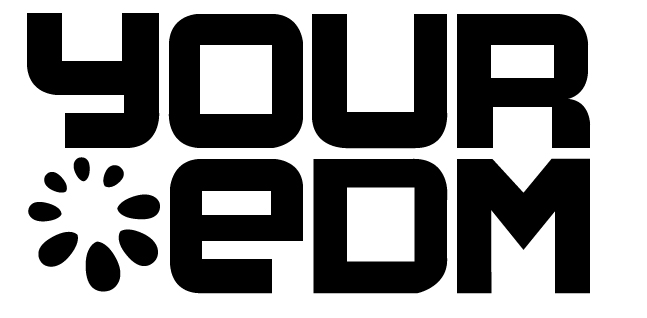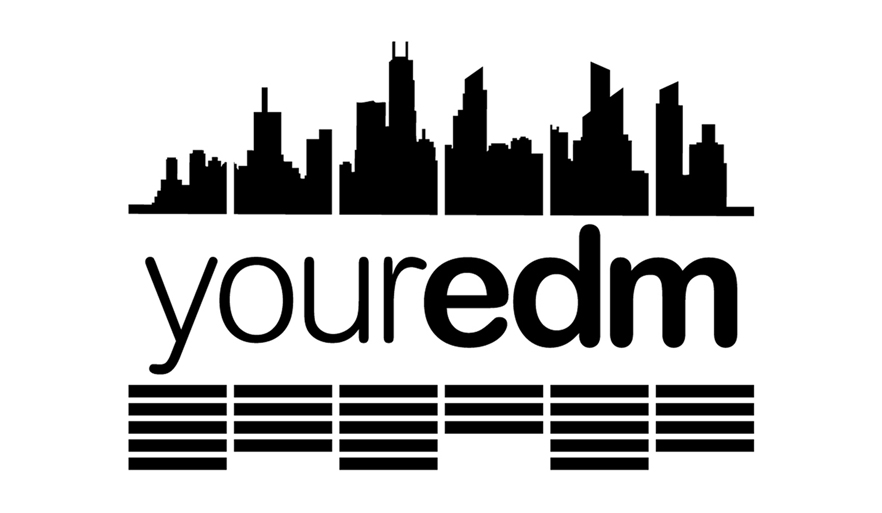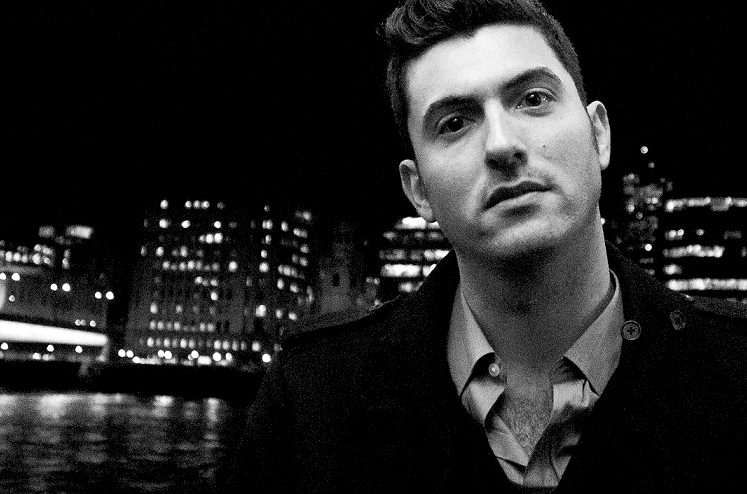The mid 1990s were conflicted and tumultuous years for dance music. Chicago and Detroit, representing opposing styles of house and techno, were both vying for dominance from opposite angles—the blind and euphoric hedonism of early Chicago house and the cold, calculated, dehumanized Detroit techno battled for the forefront of the emerging electronic genre. In the majority of Europe, trance continued to evolve and reign supreme, an ecstatic and jubilant contrast to the solemn socio-political systems that the continent faced at the time. But out of the darkness and gloom of southwestern Britain, known for its persistent patterns of rain and cloudy weather, arose trip-hop—a style that seemed so logical and yet so foreign, so familiar yet so banishing.
Trip-hop—so named for its esoteric blend of hip-hop beats and sensibility with trippy electronic soundscapes and textures—arose from Bristol and the surrounding area in the early 1990s, and soon captivated the attention of avant-garde music fans across the world. Praising its unique and edgy sound, trip-hop fans formed a cult following surrounding many key artists, including Massive Attack, considered by many to be trip-hop’s progenitor, and, later, Sneaker Pimps. But perhaps no trip-hop group has been so widely celebrated and critically acclaimed as Portishead.
Hailing from the town of the same name, approximately 20 kilometers outside of Bristol, Portishead formed in 1991 as a mad experiment, attempting to synthesize experimental elements from several different styles of music. Characteristic of trip-hop, heavy and distorted hip-hop beats make an appearance in their music—but beyond bringing the world of hip-hop into a postmodern context, Portishead added a few extra components to their sound: including the staunch, awkward paranoia of early film noir soundtracks with the piercing and unsettling vocals of the incredibly talented and disturbingly beautiful Beth Gibbons, Portishead acted as mad scientists of sorts, integrating unexpected ingredients into an entirely unique—and incredibly effective—musical style.
Without warning, Portishead burst onto the scene in 1994 with the release of Dummy. Widely regarded as the popularizing album for the trip-hop genre, Dummy stood on its own as a testament to inventiveness—and a damnation of the mainstream. Opening track Mysterons sets the tone for the album: the simple two-chord progression of the electric guitar, distorted just enough to inspire unease, opens the album in the most succinct way possible; the lo-fi production values, though far beyond what would be expected from modern recording technology, mark what Portishead desired their sound to be. In hip-hop, record scratches tend to relieve tension and provide a creative outlet for the DJ to express himself; in Mysterons, they add a layer of ironic modernity to the social and musical context of the music, isolating the once-active style and resetting it into a more traditional distortional context, where it acts as an atmospheric element, setting off the retro vibes of the other samples present in the music. Other musical stylings, like the theremin—one of the original electronic instruments that is now familiarized as alien invaders landing on our planet and wreaking havoc—also appear in the album’s opening track, creating a paradoxical soundscape of the retro and the futuristic, the has-been and the impossible, the past and the future.
Of course, any Portishead listen is essentialized by the presence of Beth Gibbons. The British singer is far more than the glue holding this bizarre group together; while she is not the principle producer of the band’s tracks, she is the emotional core of these inhuman sounds—she acts as the cathartic center of the music, the painfully human element that draws the listener in and convinces him to stay, despite soul-crushing persuasions to the contrary. The most obvious example of her influence on Dummy is Roads, a passionate, minimal song that features Gibbons heavily as a major instrument rather than a supporting luxury. Structurally, Roads initially presents itself as a fairly standard pop song, but past the first verse it’s anything but: heartbreakingly emotional strings take center stage to an electric guitar fed through a 1960s wah effect, as the song slowly builds to its passionate climax as Gibbons fervently relays lyrics that belie our postmodern world—“we’ve got a war to fight/never find our way/regardless of what they say,” she wails, before submitting defeat and asking the unanswerable question: “how can it feel this wrong?” This concise and deeply affecting inquiry pierces right into the heart of our era—in a world so driven by stoicism and logical thought, emotion has no place, but Gibbons begs the listener to consider the perspective of the era from which Portishead draws inspiration and find the truth in this increasingly impersonal zeitgeist.
While Dummy remained a masterpiece of trip-hop and a template from which countless other groups have attempted to derive inspiration, Portishead decided to take a break between albums. Head instrumentalist and mastermind behind the group’s music, Geoff Barrow, has insisted that he is uncomfortable releasing anything but top-quality music, as to not disappoint fans and the band itself. So, as a result, sophomore eponymous album Portishead took three years to be released—and, while it predictably could not live up to the impossibly high standard that Dummy achieved, presented a unique perspective all of its own. In 1997, there was nothing quite like Portishead: straying away from the sensual, sexy beats of its predecessor, the self-titled album opted for a more angular and aggressive sound than Dummy, incorporating harsh samples and disquieting soundscapes, while still retaining the dark and mysterious film noir aesthetic that distinguished Portishead from legions of imitators.
Single Over exemplified this in rare form: its main hook being a dissonant, semitonal acoustic guitar riff, Only retained the iconic lo-fi production and postmodern atmosphere of Portishead’s previous tunes, while managing to become decidedly more aggressive and inaccessible as a response to the pop-driven musical climate of the times. Seven Months is the perfect example of Gibbons’ versatility as a vocalist, as well as a commentator on the progression of music in the era of the early 2000s: replacing her docile, emotional tone with a shrill, aggressive shriek, she unsettles the audience, critiques late-90s pop music and rewrites Portishead’s musical history in one fell swoop with her piercing, accusatory tone, backed by blasting hip-hop percussion and hostile, unfriendly samples.
Despite the identity crisis presented in the band’s second album, however, Undenied rises up to become the band’s all-time greatest track. The perfect blend of Dummy’s unbridled emotionality with Portishead’s cold impersonality, Undenied features Gibbons’ most exposed, vulnerable vocals, overlayed on one of the coldest, numbest beats in the band’s history—and this combination is disorienting, at best; to the unprepared listener, it’s emotionally devastating, prying into his pop sensibilities and shattering them into something beyond comprehension. While Portishead manages to succeed at creating a particular atmosphere—through some bizarre combination of esoteric beatmaking, unexpected sampling, and haunting vocals—songs like Undenied manage to rise above the rest, due to the simplicity of its composition juxtaposed against the intricacy of its ultimate meaning.
Following in the course of previous releases, Portishead’s third album faced a tumultuous and unpredictable production course: over ten years in the making, Third finally found a release in 2008—and, even with the band’s past unpredictability, it managed to shock and alienate listeners with something entirely different. Drawing upon polarizing postmodern influences, Third strayed away from Portishead’s film noir influence into something decidedly separate from previous releases: leaving behind much of the rhythmic drive of trip-hop’s basis in hip-hop, Third ventures away from expectation, synthesizing disjointed, stilted electronic beats, eccentric samples, and ubiquitous vocals from Beth Gibbons herself into an unsettling, yet intensely human, expression of postmodern sensibility—and guilt.
Opening track Silence begins with a sample reminiscent of 1930s-esque high-brow jazz, segueing into a dark, perverse interpretation of this illuminated period in history; with an off-kilter drum rhythm and decidedly lo-fi production value, Gibbons beings her almost-apocalyptic vocals halfway through the track, her cryptic, straight-toned messages matching the intensity of this disquieting tune. The Rip ends up being something lodged firmly between 1970s psychedelic rock and postmodern gloom-and-doom—the first half presents itself as a minimal composition of vocal, acoustic guitar and theremin, while the transition halfway through loops a haunting bit of Gibbons’ stunning singing over an increasingly urgent electronic melody and altered drum rhythm, featuring the chorus in this new setting to great effect. Quite unlike any song released in recorded history, The Rip finds a balance between past and present, between archaic and futuristic—and, indeed, significantly succeeds in each of these areas.
Nothing on Third matches the intensity of We Carry On, however. A postmodern militant march, We Carry On opens with a dissonant synthesizer pairing and disturbing distorted samples; an urgent drum rhythm supports Gibbons’ shocked vocals, building through two verses to the distressing bulk of the song, featuring too many influences to list. We Carry On is a testament to the dark modernity of music, and the social status of the world in which we live; it’s notably separated from, yet inexorably tied to, the atrocities and discomforts in our seemingly perfect lives. As the immediate follow-up to We Carry On, Deep Water—positioned perfectly between the album’s two most aggressive tracks—displays this perfectly: charmingly haunting ukulele chords and distorted barber-shop vocals lend disturbingly familiar insight into the restless disquiet of Third. And this is where Portishead shines most: always hanging partially between the mundaneness of our impersonal modern world and their awkward paranoia of it, Portishead has, through expert use of samples, filters and emotional cues, created a unique and disturbing point of view through which to view life—sometimes nightmarish, sometimes cathartic, always charged through a distinctive lens.
Since the release of Third in 2008, Portishead has released a single entitled Chase the Tear—a charitable tune for the Human Rights Campaign—as well as launching a world tour and embarking on a new album. The details are still fuzzy at this point, as the only official mention of the aforementioned project is from Geoff Barrow and his only indication is that it was “his part” of the album, but any news from the group is good news at this point, considering their past release schedule. Regardless, Portishead has already created a significant impact on the face of music history; all three of the British group’s albums are instant classics, deserving of lambent praise and promotion, and anything beyond the current moment is simply a bonus. Beyond all of this is Beth Gibbons’ voice: while not the principal envisioneer of the band’s music, her haunting vocal talent borders on the edge of compliance and insanity; managing to find a delicate balance within the broader work of the band and distorting her voice to fit whatever mood is required without losing her compulsory disturbing edge.
These musicians are far too talented to stop here, though—side projects and charity work have kept the band members too busy to really focus on an album for several years now, but I have no doubt that Portishead will arise again with renewed vigor and unbridled inventiveness, ready to take the current musical landscape and turn it upside-down once again.
